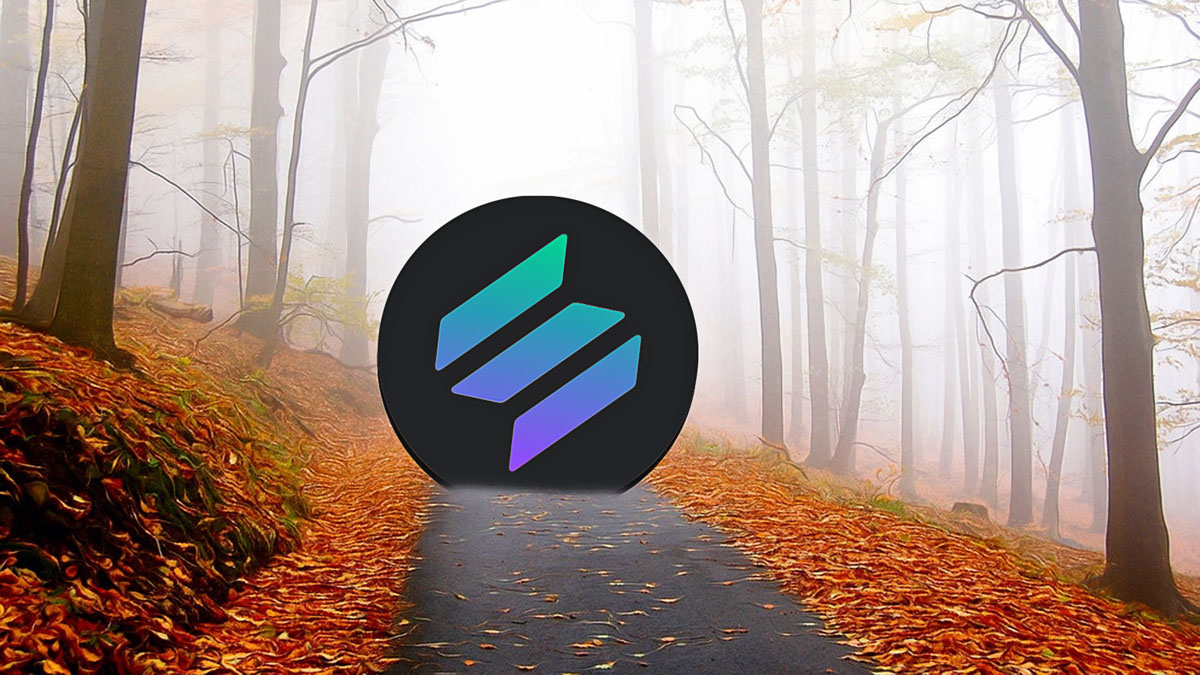RK Raghavan
The recent assassination in the heart of Moscow of General Igor Kirillov, a senior officer in the Russian army in charge of radiation, chemical and biological protection forces, is a blow to the prestige of President Putin as well as the country’s intelligence apparatus.
The attack was surprisingly owned up by the Ukrainian security service within days.
In a daring move, the Ukrainian security service claimed responsibility for the operation, which usually doesn’t happen.
The Russian forces quickly responded with a series of attacks on Ukrainian soil, more perhaps out of desperation. That the General’s killing was at a place just 7 km from Kremlin showed the ease and depth of Ukrainian penetration and the lack of preparedness on the part of Russian security forces.
For security agencies world over, there are many lessons to be learnt. Complacence on the part of Russian outfits facilitated the Ukrainian action. Such complacence did not square well with a country that was still at war with a brutal enemy who, despite limited resources, packed enough motivation and energy to hit its opponent.
Ukraine may be small geographically but is not bereft of ideas in handling an army like Russia’s that has inexhaustible resources.
Precautionary steps
The Moscow incident once again established that during war time top defence officials of a country need to take extra precautionary measures to protect themselves. They should also avoid a routine that is transparent and too visible and predictable to the enemy. This fundamental was obviously not factored into by Russian intelligence.
Reports indicate that the Ukrainians had identified General Krillov as their principal target, because he had introduced prohibited chemical weapons into the conflict against Ukraine. When this was widely known to them the Russian security agencies should have given General Krillov special and massive protection.
There is a report that the Moscow operation was conducted by a sole Ukrainian agent who had infiltrated the area where General Krillov was living. The latter’s routine was observed by for several months before he acted. Even though the explosive was placed in a scooter parked close to the walking path of the General it was set off remotely. This would mean that the Ukrainian agent had certainly physically visited the area a number of times earlier.
Video pictures show that the parking of a lone scooter very close to the apartment block went unnoticed. Obviously there was no camera surveillance that covered the exterior of the apartment complex. All these lapses made Ukrainian operation easier.
Protecting generals
There is a theory that senior defence officials should live in a cluster that is easy to protect. The slain Russian General was living in apartment that was occupied by many private individuals. But the counter view is that service officials living together makes it easier for the enemy to hit them.
But the crux of the matter is, where the intelligence machinery is inadequate, the enemy has the advantage. He can strike at will and demolish select targets in quick time and without himself suffering any casualties.
The complexities of modern warfare are highlighted by the Moscow incident. A country at war needs to be vigilant not only in the battle field but in its urban areas as well. The capital city of both the aggressor and the defendant is especially vulnerable. Causing damage in such a city by the enemy can demoralise the defending nation.
A well conceived SOP for major urban areas has become an indispensable part of military strategy. No one country holds the monopoly of wisdom in this area. Borrowing good practises from other countries adds strength to a nation at war even if it means a slight loss of self-esteem.
The writer is a former CBI Director and a former High Commissioner of India to Cyprus








Leave a Comment